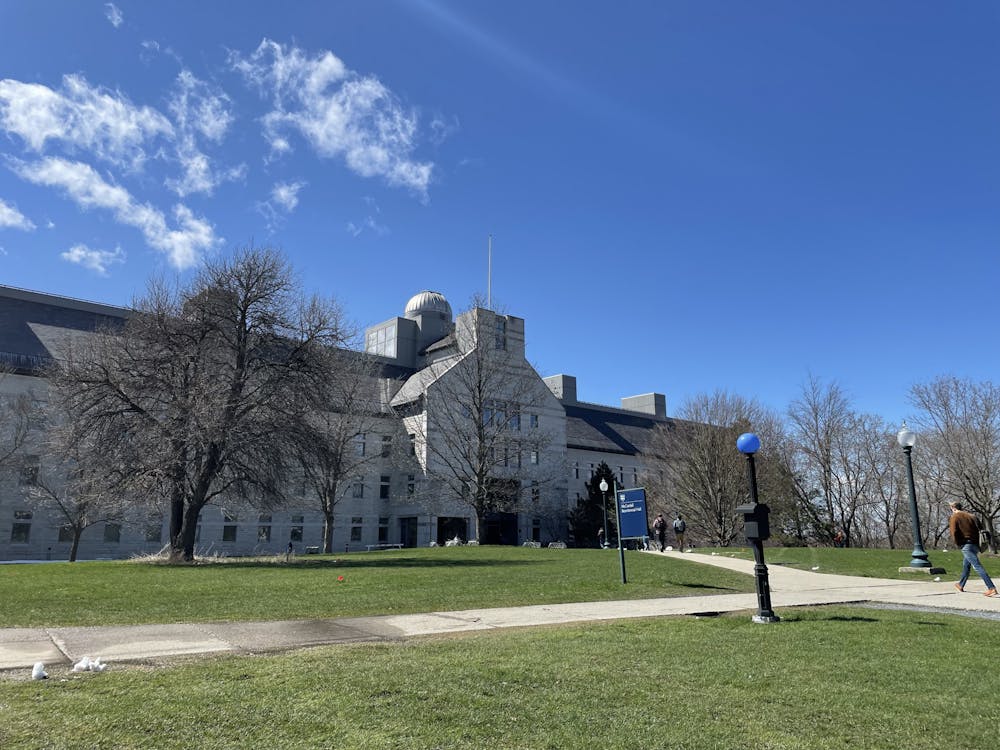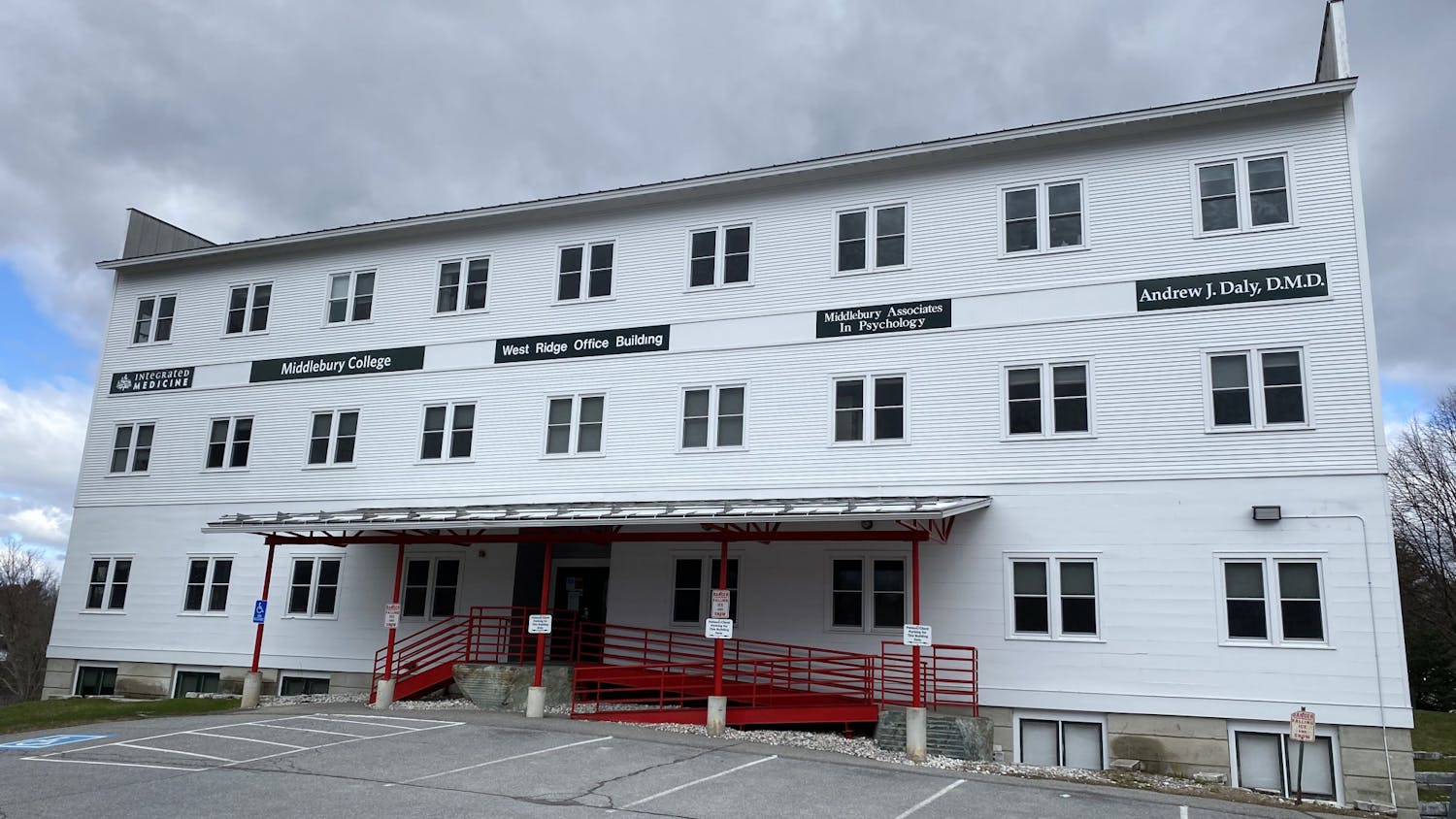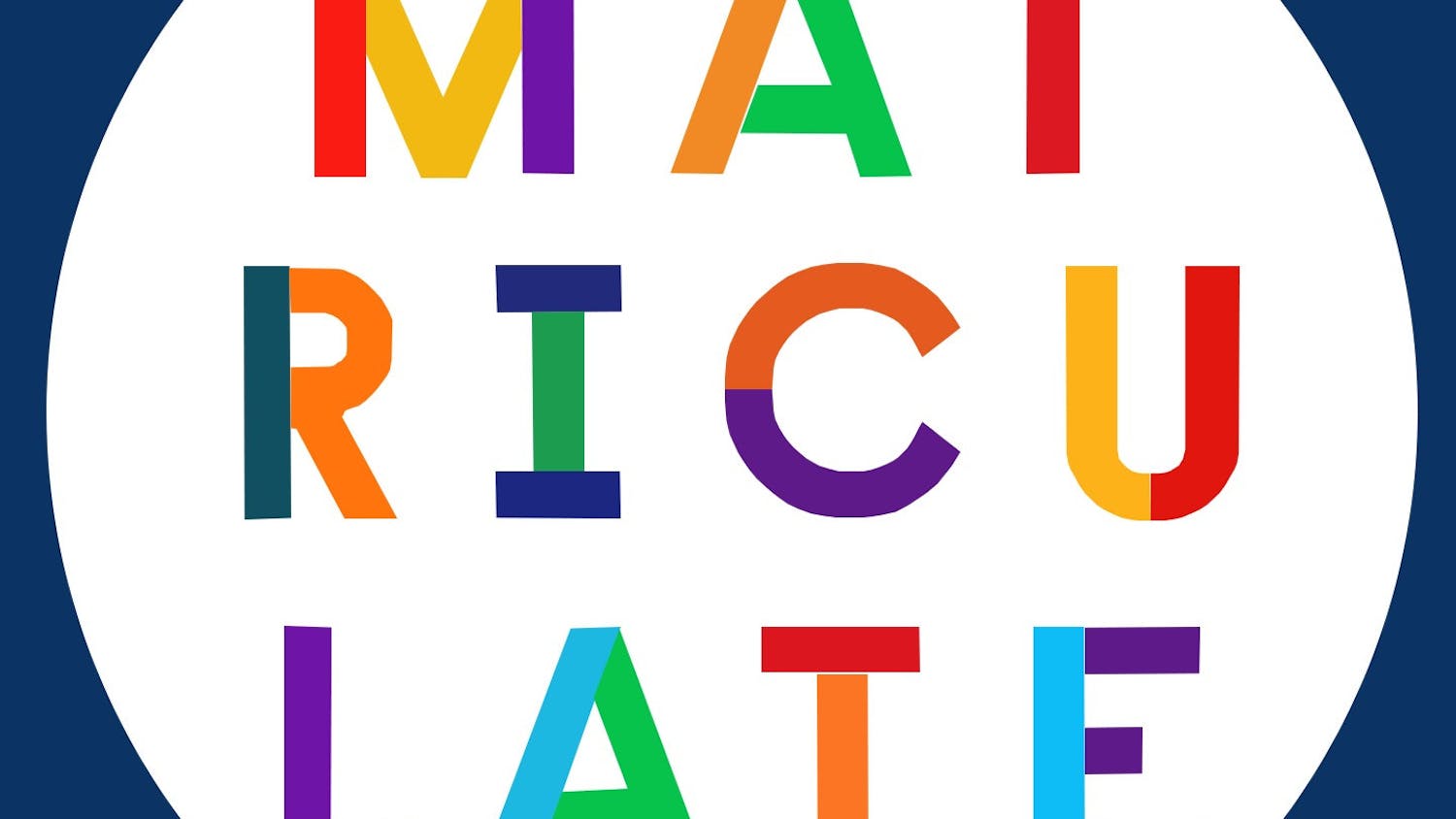With no major available at the college, Middlebury’s aspiring engineers are often left waiting for a letter of admission for the dual-degree program from Dartmouth or Columbia. Middlebury partners with other colleges to offer specific career programs for STEM students at the college, and these two universities are the most popular choices among Middlebury students applying to dual-degree engineering programs.
According to Phillip Caplan, assistant professor of computer science and one of the current advisors of the program, students can either do a 3-2 program at Columbia, in which they finish their Middlebury degree in three years and go to Columbia for two, or a 2-1-1-1 program at Dartmouth, in which they complete two years at Middlebury, one at Dartmouth, return to Middlebury for their senior year, and then complete one more year at Dartmouth.
Professor of Physics Susan Watson, another advisor for the program, said the Dartmouth program has been students’ top choice given its close relationship with the college, which makes navigating Middlebury requirements easier. The Columbia program is also gaining popularity because of its prestige and greater number of admissions slots.
In 2021, three students applied to Columbia and six students to Dartmouth, while this year, five students applied to Columbia and seven students to Dartmouth. Out of the approximately 10 or so students who apply to both Dartmouth and Columbia each year, the acceptance rate is typically 50–60%.
Although admission to each program is less competitive than the universities’ general admission processes, it remains stressful for the students, as they are being compared to students from the best liberal arts colleges in the Northeast.
“An engineering degree requires the study of mathematics, physics, chemistry, computer science and more. An engineering skill set can be thought of as a toolbox, and every topic you study becomes a tool in your toolbox,” Caplan said.
Prerequisites include courses in the Math, Physics, Computer Science and Chemistry departments. Columbia expects students to complete most of their major and interdisciplinary requirements before enrolling and requires students to complete other courses — such as an introductory economics course. Students applying to Columbia may have additional major-specific courses to take before admission to the program. For example, studying computer science at Columbia would also require courses in discrete mathematics and data structures, whereas a major in mechanical engineering would require courses in differential equations and linear algebra.
“The biggest tip for any student interested in the program is to just be intentional about course selection your first year. By your second year, you can decide if it is something you want to continue pursuing,” Nestor Orozco-Llamas ’23, a student in the program who studied at Dartmouth, said.
Students also struggle with Dartmouth’s quarter system. According to Orozco-Llamas, out of around 20 dual degree students, only about eight follow a normal fall/winter/spring schedule. If students select other options, it is very likely they will get them. If they only put fall/winter/spring, it is more competitive.
Previously, admission to Columbia’s program was guaranteed provided a certain GPA requirement was met and the necessary pre-engineering courses were completed. However, the university has since phased the policy out and will only offer guaranteed admission to those who matriculated at Middlebury in fall 2018 or earlier.
Given the demanding requirements, student Will Hoppin ’23 said it’s crucial to plan early. “I'd recommend being absolutely certain after your first semester of college, and getting excellent grades, particularly in STEM,” Hoppin said. “Given that these two schools require students to go completely out of their way to take tons of pre-engineering classes, you should probably do well because getting rejected after spending years preparing for one school is not fun.”
Students like Hoppin also confess the lack of systematic support for the application process. “I had to bushwack my way through: You don’t know who to talk to, and it’s quite hard to find people who have done the program before. It's like doing your own independent study because it’s a path less trodden, and there are only a few kids in your year who care about doing this program,” Hoppin said.
However, all said and done, the dual-degree engineering program is favored for a reason.
“Another part that I have really enjoyed is getting to know other dual-degree students from schools around the Northeast. It has been nice getting to learn about their college experiences and how they differ from the ones at Middlebury or Dartmouth,” said Orozco-Llamas.




